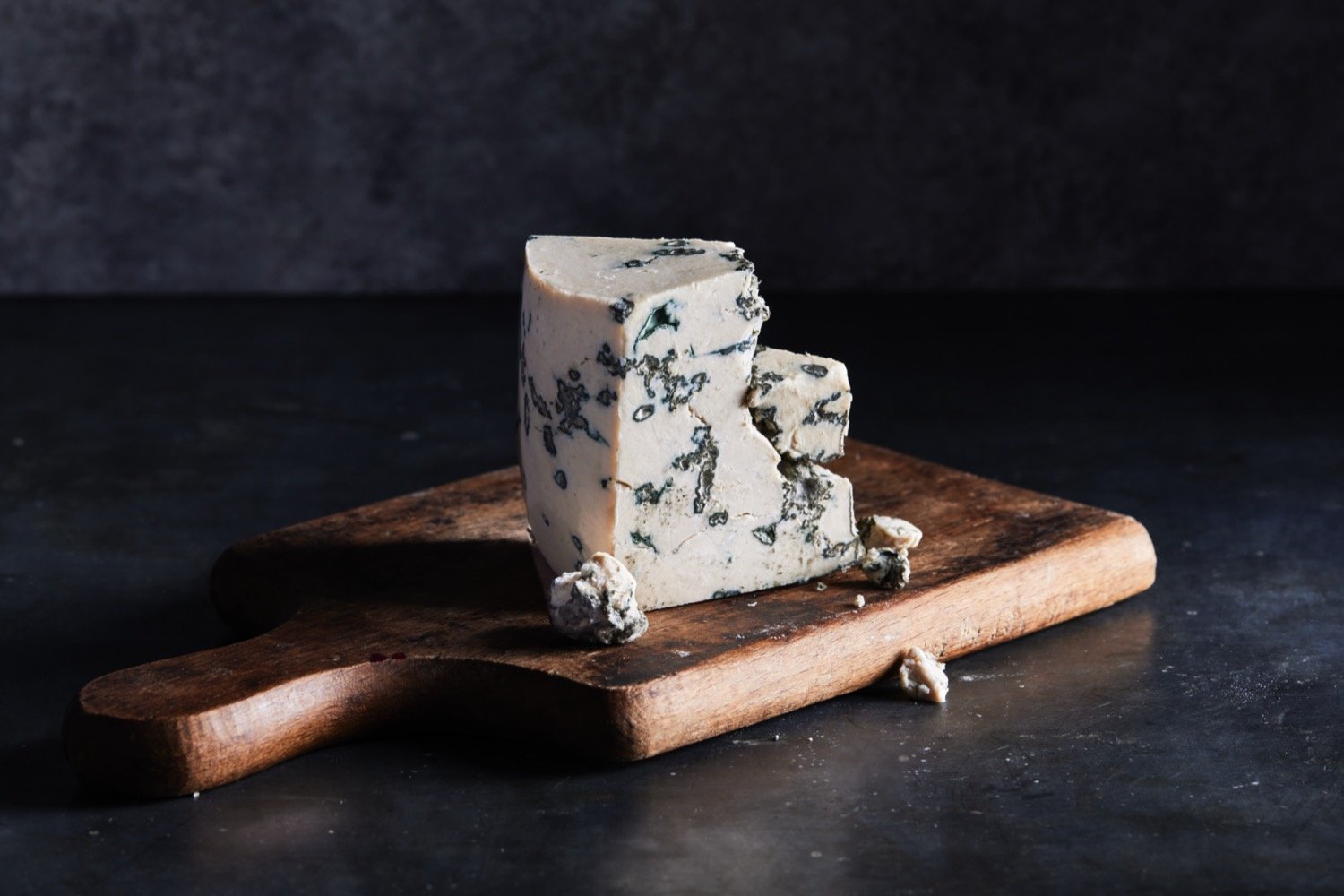- 7 Posts
- 168 Comments
Was this written by a vegan?
Why are the animal’s choices never considered in this equation? Freedom is something the west places a high value on, but it’s generally agreed that freedom should never go so far as to harm others, yet your “freedom” to choose what to eat is resulting in a horrifying sort of perpetual holocaust.
Why is your fleeting sensory pleasure (something that can be had just as easily from plants) more important than the entire lives and wellbeing of all the animals you paid to have killed?
 2·13 days ago
2·13 days agoI agree that is one of the more common things to debate, probably more common than what he did say. But that’s also only true as long as you confine yourself to the Bible as it exists today. When you look into the history, archeological record, and textual criticism though, things get much more complicated as quite a few more groups wrote about what Jesus was purported to teach than the Catholic and Protestant churches would like you to believe.
Robert Price’s, “Pre-Nicene New Testament” is a good introduction to just how diverse and radically different early Christianity was. Bart Erhman is another great author who clearly cares more about what’s true, than what fits a churches dogma.
 2·13 days ago
2·13 days agoonly when it seems to be getting promoted.
 1·13 days ago
1·13 days agoImplying vegans should be invisible or hard to spot?
 8·13 days ago
8·13 days agoHalf the fun of the Christianities is endlessly debating what Jesus did or did not say.
 4·13 days ago
4·13 days agoabstaining from the consumption of animal flesh isn’t suffering. Quite the opposite.

 16·16 days ago
16·16 days agoEvery person still buying and consuming animal products paid for this.

 3·16 days ago
3·16 days agoAre you referring to plant-based burgers? That would definitely apply to Beyond and Impossible as they add way too much coconut oil, and salt. In other words they’re unhealthy for some of the same reasons animal flesh is unhealthy, although they are still less harmful than their animal counterparts just by lacking the animal proteins.

 4·16 days ago
4·16 days agoSome of them are, and it doesn’t take long (maybe a year) on a plant-based lifestyle to start naturally preferring more plant-forward burgers.

 2·16 days ago
2·16 days agoI do think the name itself is problematic. To anyone unfamiliar to the ideas, the word hints at something to do with vegetables, and yes that currently plays a role, but it’s not the point. It’s more of an animal rights milieu, and plants are only relevant at this point in time because it’s the least harmful way humans can sustain themselves for now. But that ignores that animal rights go far beyond diet, and that fact tends to get lost during any outreach since all most people are thinking about is the foods they dread to give up.

 2·17 days ago
2·17 days agoCompared to the other 90% of our evolutionary history? Not by a longshot.
https://nutritionfacts.org/video/flashback-friday-the-problem-with-the-paleo-diet-argument/

 1·17 days ago
1·17 days agoOnly replying to your last point, and on that I only have to say that perfection is the enemy of greatness. The vegan philosophy is about doing the best we can, within practical limits. I can’t stop myself from breathing or my mere existence causing harm to beings I can’t even see, but doing more feasible actions like abstaining from animal consumption and electing not to purchase or use other animal products has substantial benefits that are felt.

 1·17 days ago
1·17 days agoRelatively low if you compare it only to other meats or animal products. So while you can choose animal products that might progress these chronic metabolic diseases slower, you are still advancing them. But there are lots of factors that complicate things. For example the health impacts of animal products also depend on how you cook them, and what you eat them with. Cured meats are unanimously considered one of the worst things you can consume, right up there with smoking. Steamed fish would probably be about the least harmful (except that fish have some of the highest levels of bioaccumulated toxins and heavy metals). Actually, bugs are likely the least harmful, for those who are comfortable with that. Eating a source of fiber mitigates some of the harm from animal products as shown in this video:
https://m.youtube.com/watch?v=C08mqjMuwyY
Further complicating things is that single nutrients often behave differently depending on context. For example antioxidants other than some of the essential vitamins have never been shown to produce their purported effects outside of laboratory conditions, and some supplemented sources of antioxidants have even been shown to be a little harmful. But when we test the whole foods that contain those antioxidants, we get data like how increasing leafy green consumption has been correlated with a longer life expectancy.
And it’s similar for saturated fats and animal products. In the most established science on the matter you’ll see they don’t just talk about saturated fat alone - the science appears to show a relationship between the ratio of saturated and unsaturated fats consumed, particularly polyunsaturated fats. This book describes that science quite well-
https://www.redpenreviews.org/reviews/eat-drink-and-be-healthy/
But going back to that nutrients vs whole foods, there might be more than just the fats at play. This piece by Colin Campbell is a bit of a manifesto against nutritional reductionism, and suggests that the animal proteins themselves might play more of a role than we had thought:
https://nutritionstudies.org/is-saturated-fat-really-that-bad/
When you put whole diets to the test, what starts to become most consistent is how the most whole-plant-dominant diets by far achieve the most remarkable results. It’s apparent in the Adventist Health Studies, the Esselstyn Heart Disease Reversal diet, as well as Dean Ornishes full lifestyle intervention program. The latter two claim they can reverse heart disease, which is a controversial claim. More study is needed to prove whether that’s true or false, but regardless it’s still apparent that these fully plant-based dietary interventions do more than any others to restore people to good health.
And it’s a thing where science and personal experience match. If you check out the online whole-food plant-based support communities, you see people routinely report almost miraculous changes to their health and wellbeing in a matter of weeks or even days. It’s the kind of thing that once you experience it fully enough, you don’t want to go back.
https://adventisthealthstudy.org/studies/AHS-2/findings-lifestyle-diet-disease
https://my.clevelandclinic.org/departments/wellness/integrative/esselstyn-program
True, restaurant/delivery pizza - even vegan options - are almost universally super oily.
Non-meat burgers are most definitely burgers, and do have the benefits of not only having more variety, but are easily made to be actually healthy if desired.

 1·17 days ago
1·17 days agoThat only informs about your bias, which comes from the sum of knowledge and experience you do have. Historically we know there have been planty of cases of people getting scurvy simply because they did not know better to eat the right foods, and did not appear to crave them either.
Cravings appear to have more to do with pleasure, and alleviating stress.
https://www.healthline.com/nutrition/nutrient-deficiencies-cravings

 4·17 days ago
4·17 days agoHumans don’t intrinsically know what to eat to for nutrient deficiencies, that’s a learned behavior based on finding out what the symptoms of a given deficiency are, and learning which foods have the necessary nutrients.
Both statements are entirely valid, as neither pizza nor burgers require meat or cheese.







Easy to point the finger at everyone doing this, but every person who continues buying and consuming animal products are still most primarily to blame for this situation.
If this does become a new pandemic, we might be talking about an unprecedented ~50% of the human population killed. A real life Thanos event. Thanks omnivores.